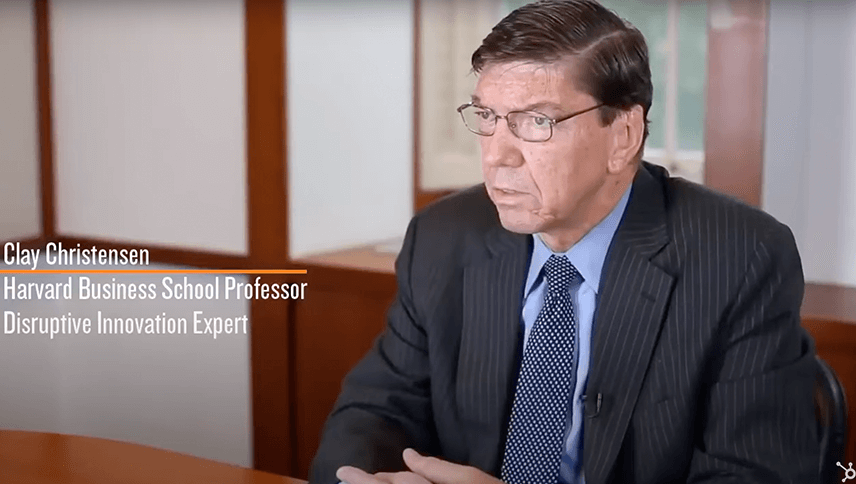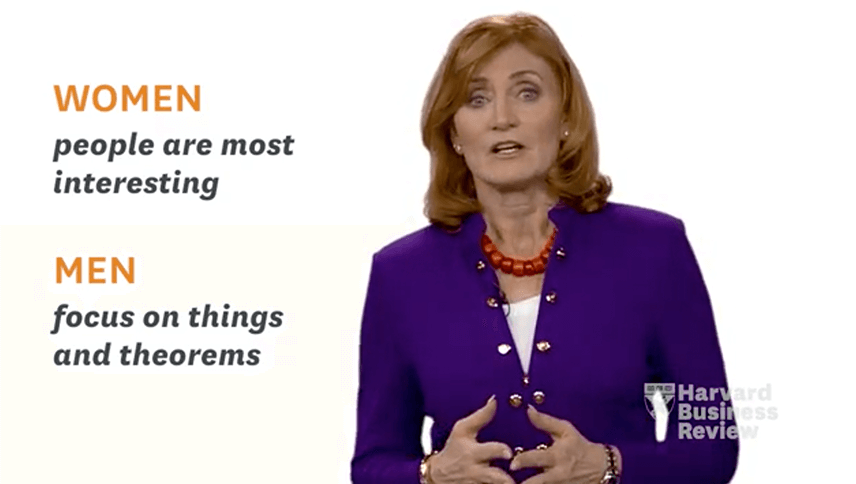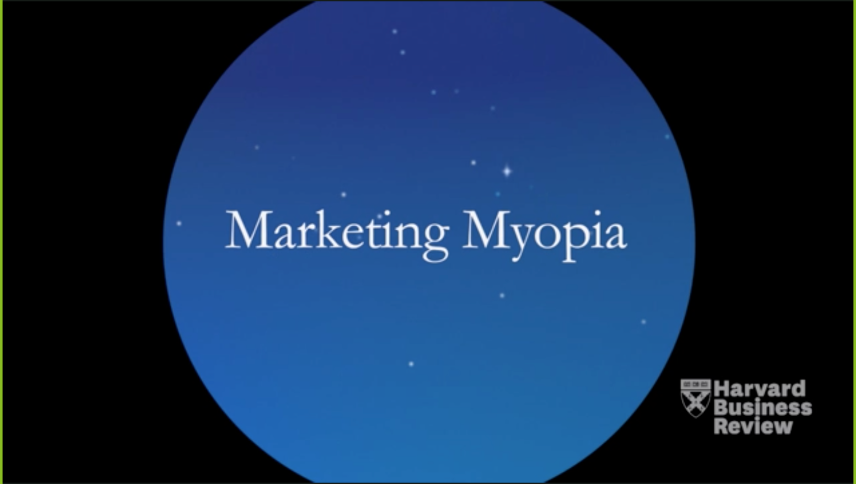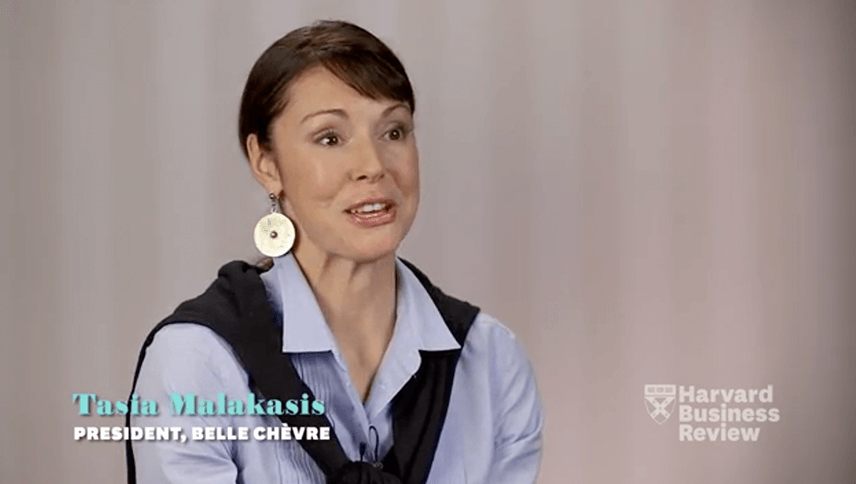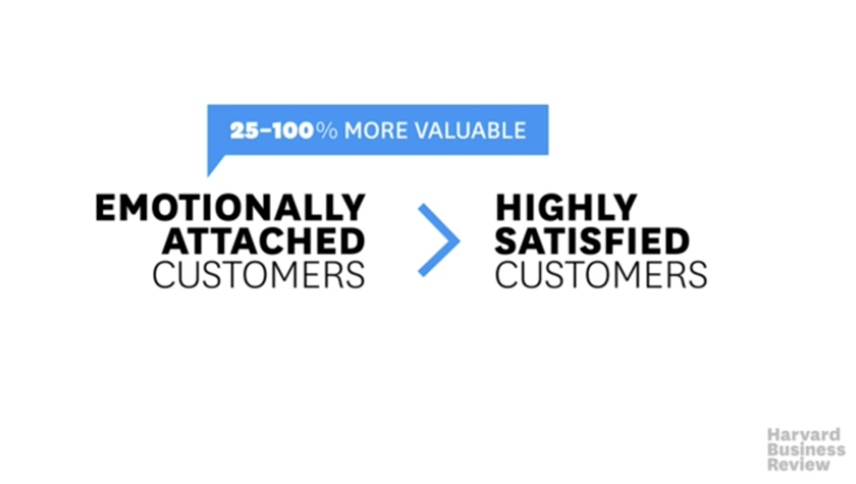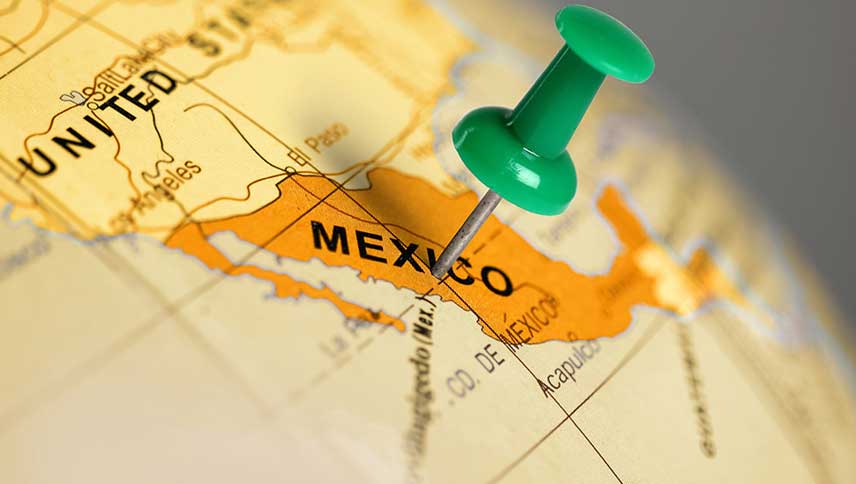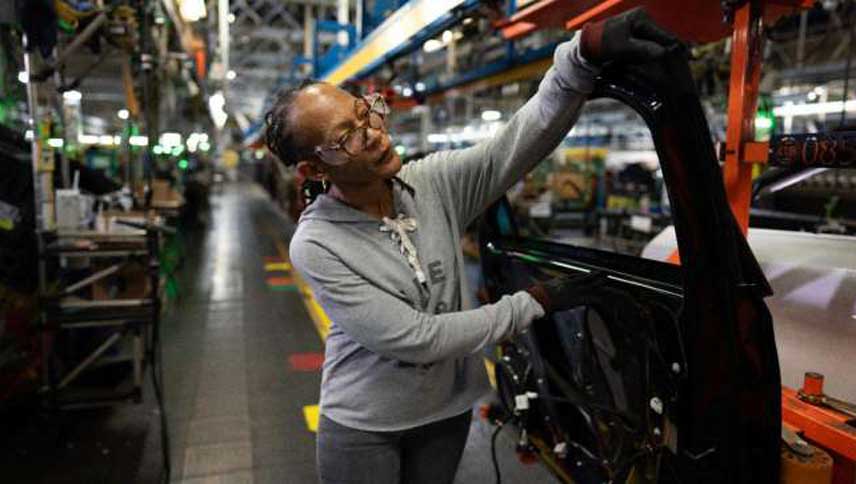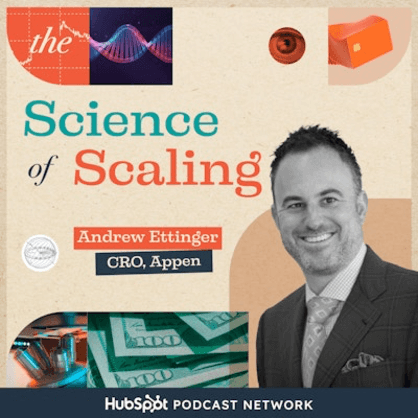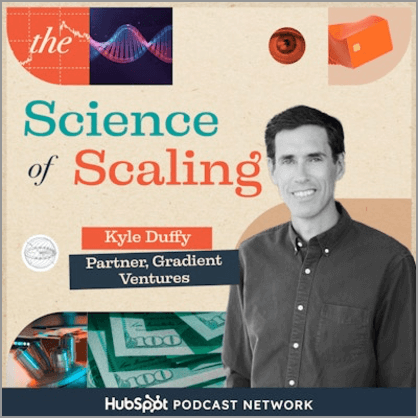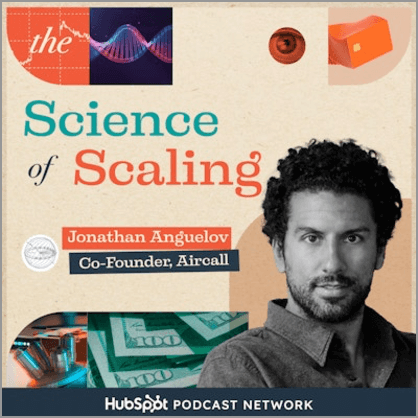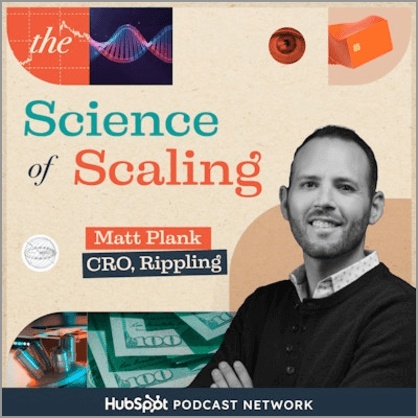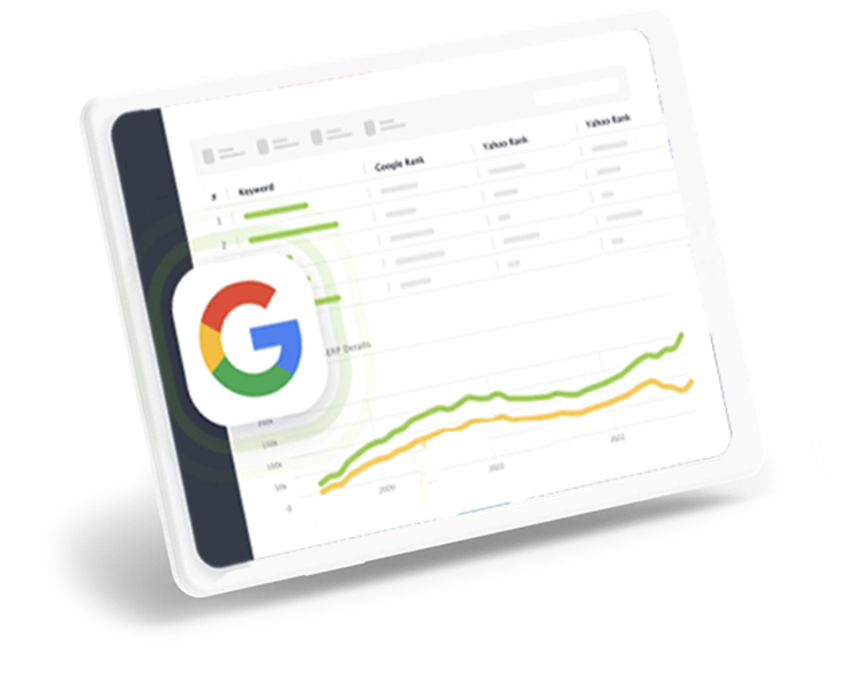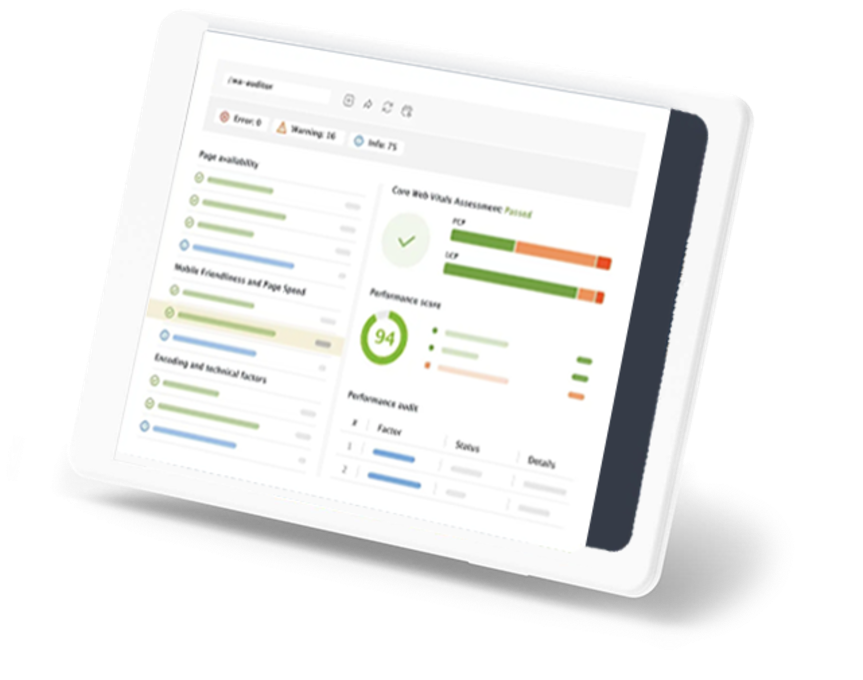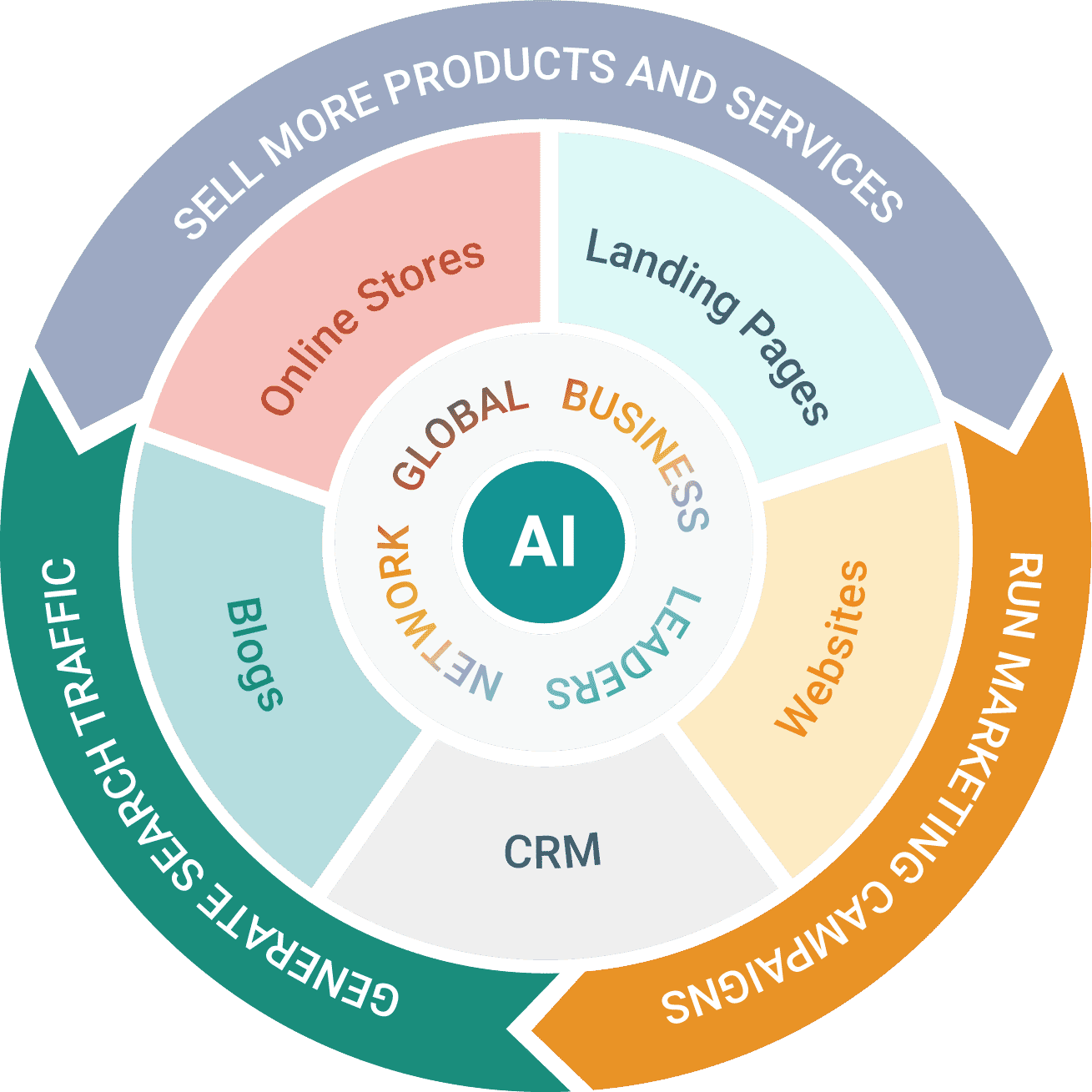Change the Way You Pay Your Sales Force
Harvard Business Review
Mar 27, 2020
Julia Kirby: Hi, I’m Julia Kirby. Our guest today is Mark Roberge from HubSpot, where he’s chief revenue officer and was part of the team that founded the company eight years ago. His new book is called The Sales Acceleration Formula, and based on that, he wrote an article for Harvard Business Review. It’s called The Right Way to Use Compensation.
Mark, thanks for being here.
Mark Roberge: Thanks, Julia.
Julia Kirby: Before we get into the ideas of the article and the book itself, I have to ask you about your personal journey. You met your business partners. When you were all getting your MBAs, uh, but your background was in engineering. You found yourself in charge of sales.
How big a shock was that?
Mark Roberge: Pretty shocking, not intentional. Um, I, I, I guess I was making a transition more toward entrepreneurship and figured, maybe I should go into marketing or maybe I should go into sales. I think marketing is more the journey for an MBA. Uh, but it worked out great. Um, I, as an engineer, I’ve always looked at, uh, the world through a lens of data and science and technology.
And obviously use that lens in scaling the HubSpot sales team. It just so happened that the way that technology businesses and sales teams have evolved, that lens is very advantageous.
Julia Kirby: In the um, article you say that the sales plan of a company is kind of its, its most powerful weapon for making strategy happen.
Can you explain why you think that’s the case?
Mark Roberge: Yeah, sure. First off, I do believe the sales compensation plan is an underutilized tool by even the CEO. Uh, all executives are trying to push change through the organization. And as I look back in the last eight years at HubSpot, the major changes that we made, a lot of them were driven through the sales compensation plan.
So for the three phases we went through that I think a lot of startups do, first, obviously, we had to acquire customers quickly. Uh, second, we had to make them successful. And once we accomplished those two things, we had to focus on sustainability, sustainable growth, and really building a, a, a profitable business.
And there was a different compensation plan needed for each one of those phases.
Julia Kirby: So, in that very first phase, just customer acquisition, you had a pretty straightforward, um, commission process. Approach where you just were asking people to get out there and hunt.
Mark Roberge: Yeah, really the, the weight of the plan was based on customer acquisition and just, there was accelerators and, and you know, that was really the focus.
And we went from a few hundred thousand in revenue to a few million in revenue and a hundred customers to a thousand customers in just eight years. And that really propelled us through that growth.
Julia Kirby: Why did you have to change that?
Mark Roberge: Well, at that stage, now that we’ve got customers on board, like any startup, it’s time to reflect and see, are customers succeeding with our product?
What gaps are there in the product? What gaps are there in the way we’re selling to them or servicing them? And our customer attention was not acceptable to a sustainable business, as most startups find at that stage. And we did a lot of analysis. We looked at the account managers that were servicing the customers post sale, maybe there was something some of them are doing better than others.
As it turns out, the churn rate by account manager was very similar. And so, then we next looked at the salespeople, and that’s where the answer was. The churn rate for our best salesperson was one tenth that of our worst. When you looked at it from churn, so we were, we concluded that this entire customer success issue is driven by the expectations that are certain salespeople are setting presale and the types of customers they’re doing business with.
So, we could immediately start educating the team about that, start illustrating these numbers to the team, and base the compensation plan on that metric.
Julia Kirby: So, you changed the actual structure of the compensation so that they would care more about customer retention.
Mark Roberge: Right. Those who brought on successful customers made a lot more money, and those who brought on less successful customers, even though the new customer acquisition may have been higher, if they weren’t successful, they would make less money and be penalized.
And within Six months, our customer turn dropped by like 70%.
Julia Kirby: So now you had a good kind of product market fit and you had a lot of customers and you moved into a third phase where really you were just very focused on scaling the business up.
Mark Roberge: Yeah. Now we have to focus on the economics of the business.
Customer acquisition costs, payback period, profit margin. And at the time, um, SAS was pushing much more toward, uh, longer term payments really helps with cashflow. Also keeps customer attention in check. And we felt that at this stage of the business, HubSpot had been around a long enough time. The concept of inbound marketing, which we pitched, was getting more traction in the market.
People were more comfortable with, with it, and we were in a position to be able to ask for longer term payments. So we were able to revolve the, uh, compensation plan around that metric.
Julia Kirby: I want to ask about, um, sales contests. You, uh, you seem to have kind of a philosophy of them. You certainly believe in using them.
What are some of the keys there?
Mark Roberge: Yeah, also, in addition to the compensation plan, the contests are great at motivating the behaviors you want. The difference here is the behaviors you’re shifting on here are a little more short term. For example, perhaps we’re worried about the pipeline in the summertime.
Well, we can run a contest in May and June to drive activity significantly. That’s not something you do in a comp plan, but certainly something you can do in a contest. What I found in the contest; I really like the contest to be team based. And I also like the prize to be team based. As opposed to one winner who makes a bunch of money and everybody accuses them of cheating, instead you’ve got three or four people on the same team competing against ten other teams of three or four people.
And what you find is you really start to accelerate the teamwork on the floor of those who are succeeding, of helping those who are struggling, maybe after hours with some coaching. And of course, the prize was never a lump of some of money for them, but instead, uh, you know, a ski trip or a golf outing or a nice dinner or a crew, uh, a, a, you know, a dinner cruise or something along those lines.
So, it reinforced the team aspect that they went off and won together and they went off and celebrated together.
Julia Kirby: It makes sense that, um, by doing it that way, not only do you get the sales, but you also get lots of benefits for the culture and employee engagement.
Mark Roberge: Absolutely. It was. It’s funny. We did that for the first three years of the business.
And then, you know, I want to switch it up and tried an individual contest with a big money winner. And that was the first month where we actually had, you know, claims of cheating and backstabbing on the floor. So, at that point, I realized, wow, this leniency toward more of team base. It was Really important are driving that the team foundation that our culture had on the sales floor.
Julia Kirby: So, I come away from this conversation convinced that there’s a lot in this formula. That’s the sales acceleration formula. Mark, thank you so much for sharing your insights.
Mark Roberge: Thanks, Julia.
Source: https://www.youtube.com/watch?v=6yXU9v56Mzc


